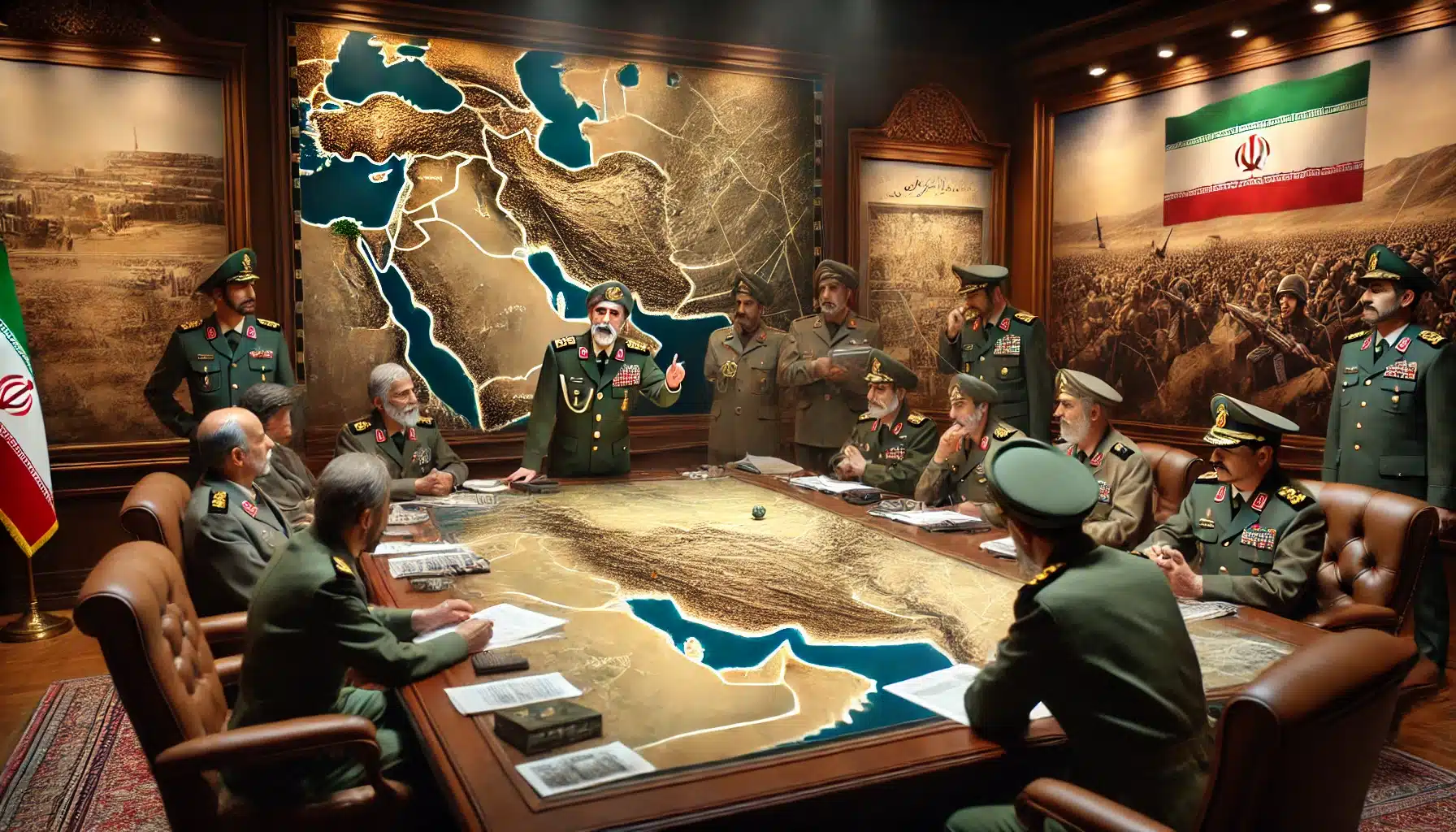Following deadly attacks on Hezbollah members in Lebanon, which killed 37 and injured over 2,900, Iran’s Islamic Revolutionary Guard Corps commander Hossein Salami has warned Israel of a “crushing response” from the axis of resistance. Hezbollah leader Hassan Nasrallah described the attacks as a “de

Hezbollah Attacks and Iran’s Response
- The bombings in Lebanon involved the simultaneous detonation of hundreds of pagers and walkie-talkies used by Hezbollah members, causing widespread destruction and casualties.
- Hezbollah and the Lebanese government have attributed the attacks to Israel, though the Israeli government has not directly commented on the matter. However, security sources suggest that Mossad, Israel’s intelligence agency, was likely behind the bombings.
- In a message to Nasrallah, Hossein Salami stated: “Such terrorist acts are undoubtedly the result of the Zionist regime’s [Israel’s] despair and successive failures. This will soon be met with a crushing response from the axis of resistance, and we will witness the destruction of this bloodthirsty and criminal regime.”
- The “axis of resistance”, a coalition of Iran-aligned armed groups, includes Hezbollah, Yemen’s Houthis, and Iraq’s Popular Mobilisation Forces. These groups are staunch opponents of Israel and are backed by Iran in their efforts to challenge Israeli military actions in the region.
Rising Hostilities Between Iran and Israel
- This latest round of violence comes amidst a backdrop of escalating tensions between Iran and Israel. Hostilities between the two nations have been ongoing for years, with both sides frequently exchanging threats.
- In April 2024, tensions peaked when Iran launched drones and missiles at Israel in retaliation for an Israeli airstrike on an Iranian embassy in Syria, which killed 13 people. This marked Iran’s first direct attack on Israel in a series of escalating confrontations.
- In July 2024, Israel launched two high-profile assassinations within hours of each other: Hezbollah commander Fuad Shukr was killed in Beirut, and Hamas’s political leader Ismail Haniyeh was assassinated in Tehran following his attendance at Masoud Pezeshkian’s inauguration as President of Iran.
- Despite fears that these targeted killings could spark a broader regional conflict, no major military response from Hezbollah or Iran followed at that time.
Nasrallah’s Response and Israel’s Continued Strikes
- In his first speech following the attacks, Nasrallah described the bombings as a “declaration of war” against Hezbollah, promising retaliation, though he did not specify when or how such a response would occur.
- He acknowledged that Hezbollah had suffered a “major and unprecedented” blow but asserted that Israel would face “just punishment” for the attacks.
- Shortly after Nasrallah’s speech, Israeli warplanes flew over Beirut, breaking the sound barrier as a show of military strength. The Israeli Defence Minister, Yoav Gallant, later remarked: “Hezbollah will pay an increasing price” for its actions, further indicating that Israel is prepared to continue its military operations.
- The conflict between Israel and Hezbollah has led to significant displacement on both sides of the border, with tens of thousands of residents from northern Israel and southern Lebanon fleeing their homes due to ongoing exchanges of fire.
Israeli Strikes and Lebanese Casualties
- The Israeli military continues its offensive against Hezbollah, striking six of the group’s infrastructure sites and a weapons storage facility in southern Lebanon. These areas are known Hezbollah strongholds and have been subject to repeated attacks as tensions flare.
- Lebanese news sources reported that several towns in southern Lebanon have come under Israeli airstrikes and shelling in recent days, further escalating the humanitarian crisis in the region.
- The Israeli military confirmed that two Israeli soldiers were killed in clashes near the Lebanese border as the fighting continues to intensify.
Houthi Missile Attack on Israel
- The conflict has now extended beyond Lebanon and Israel. On Sunday, Yemen’s Houthi rebels, another key member of the axis of resistance, launched a hypersonic missile at central Israel, targeting areas near Ben Gurion Airport. This attack caused fires and panic, with residents seeking shelter as air raid sirens blared.
- The Houthis, aligned with Iran, have declared solidarity with Palestinians and have been attacking vessels linked to Israel in the Red Sea, Gulf of Aden, and Bab al-Mandeb Strait since November. The group views these attacks as part of their resistance to Israel’s ongoing war in Gaza.
Source: Al Jazeera





